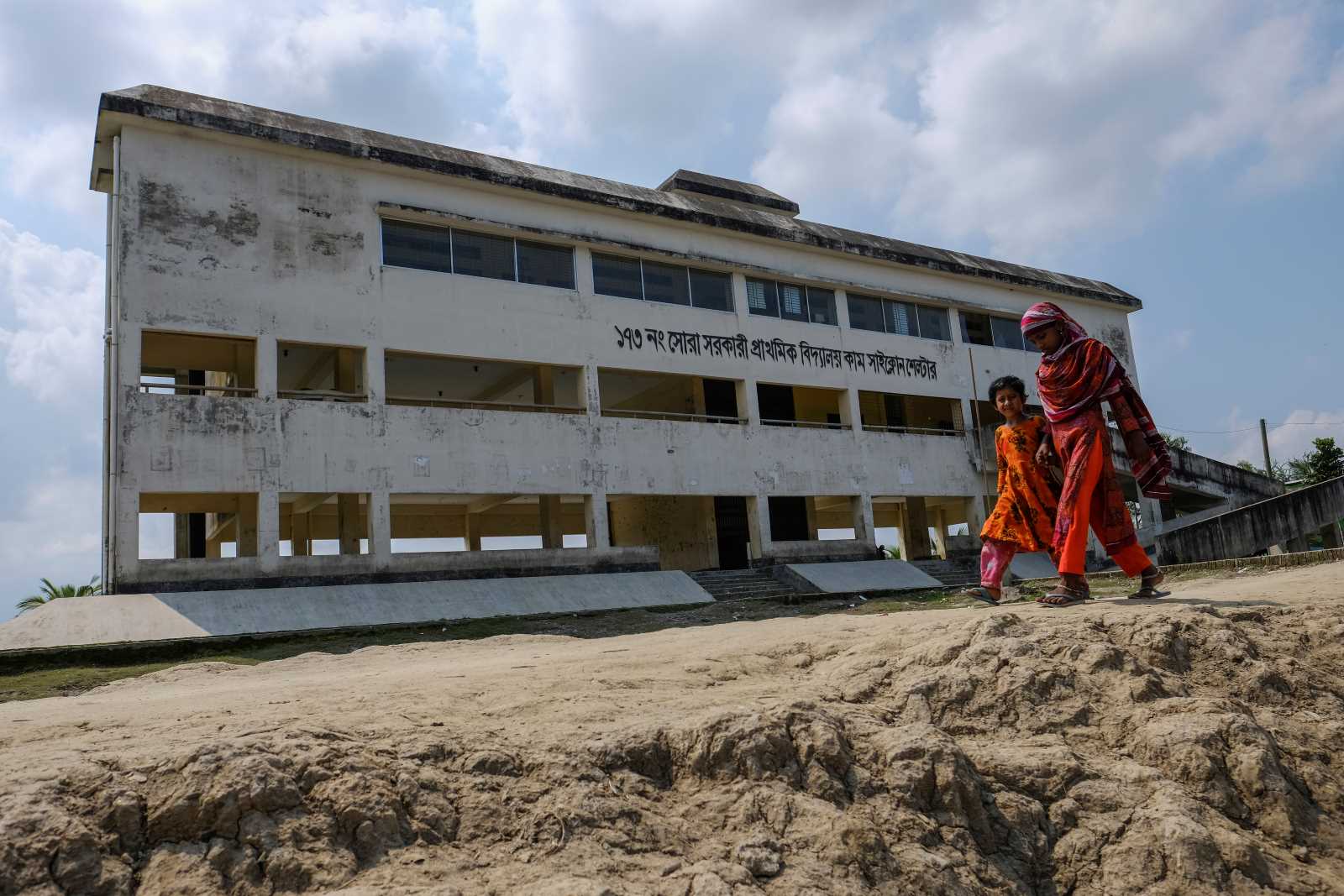Development policy
Germany’s approach to feminist development policy

Svenja Schulze took office last year. Early on, she declared that she was keen on a feminist development policy (see interview on www.dandc.eu). Now she has begun to flesh out what that means.
In Berlin in September, Schulze emphasised equality. She pointed out that, wherever women bear equal responsibility, development results consistently turn out better than where women are denied equal rights. This applies to incomes as well as to indicators for health and education, for example.
Women all over the world, according to Schulze, want equality. The self-confident protests of Iranian women in recent weeks (see Shora Azarnoush on www.dandc.eu) are proof of that applying to the Middle East and North Africa, a world region where women are often still denied their rights.
Schulze sees equality as a human-rights issue. Accordingly, a free and equal society must end all kinds of discrimination, not only gender discrimination. Her approach is intersectional. As a Social Democrat, she says, she fights all kinds of inequality, and minorities must not be marginalised.
Women and girls, however, make up more than half of humankind, so they are not a minority. Nonetheless, they are often marginalised. In Schulze’s eyes, awareness raising and targeted action are needed. Not only state agencies must rise to the challenge, but civil society and faith-based organisations are relevant too.
Schulze has directed her ministry to pay even more attention to gender issues than it has done in the past. By 2025, the share of projects that serve gender justice in developing countries in some way is set to rise from about 60 % today to 85 %, and 93 % of all new projects will promote the cause.
Long history
The minister acknowledges that feminism has a long history. While much has been achieved, a lot remains to be done. She insists that feminism needs to be advanced with determination at all levels and that she is not willing to wait. From peacebuilding to climate justice, women’s input in policymaking leads to better and more sustainable results, she argues.
Sexual and reproductive rights are crucial, in Schulze’s eyes, because self-determination begins with one’s own body. Families’ welfare depends on female empowerment. The minister wants women to be seen as agents of change and not merely as victims. Where girls are denied school opportunities, economies perform worse (see Sundus Saleemi on www.dandc.eu).
Schulze’s agenda is not anti-men. She states clearly that men matter, not least because they are the rule-makers in many countries. The challenge she sees is to reach out to them and convince them. As young people are the future, the policymaker adds, it is important to give them a say. In her view, listening to one another is important, and euro-centrism is not an option.
Whole of government
Schulze intends to promote this comprehensive agenda in international cooperation and alliances. The Federal Government as a whole endorses this approach. Foreign Minister Annalena Baerbock has similarly made a commitment to feminist policy-making. As Schulze reports, even Chancellor Olaf Scholz has declared himself to be a feminist.
In Berlin, Spogmay Ahmed of the Washington-based International Center for Research on Women welcomed Germany’s approach to feminist development cooperation. She emphasised that supported groups must be co-owners and co-leaders, not mere recipients.
Alvaro Bermejo of the International Planned Parenthood Federation (IPPF) endorses Schulze’s call for action. Progress is not achieved in a long-lasting marathon, according to him, but in fast sprints. The experience of his home country, Spain, shows that change may seem impossible for a long time and then happens suddenly. Given that right-wing authoritarians are eager to move backwards on reproductive rights in many places, he says now is the time to “go, go, go”.
According to Sima Bahous of UN Women, humanity is currently not on track to achieve gender equality by 2030 as spelled out in the UN’s 5th Sustainable Development Goal (SDG). SDG5, however, is indispensable for achieving the entire agenda. In this context, she is grateful to Germany for being her agency’s top regular donor.
Hans Dembowski is editor in chief of D+C Development and Cooperation / E+Z Entwicklung und Zusammenarbeit.
euz.editor@dandc.eu












